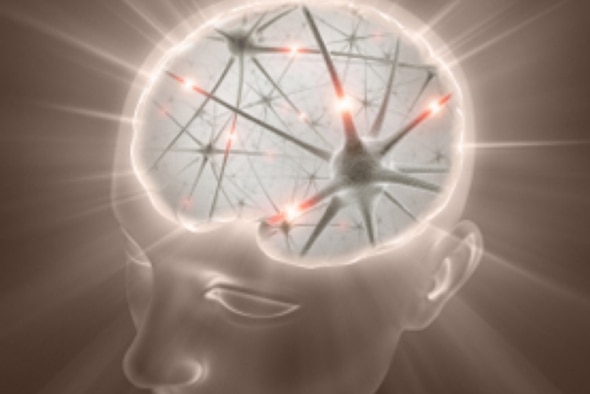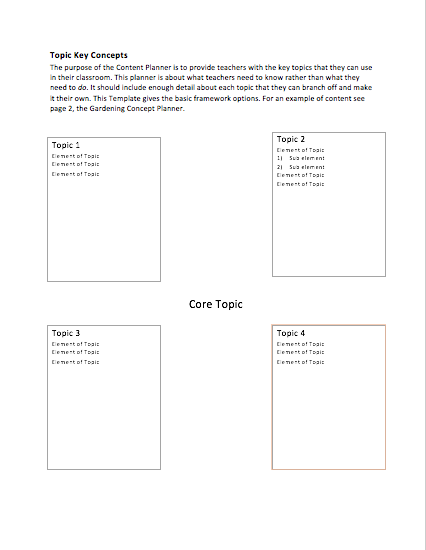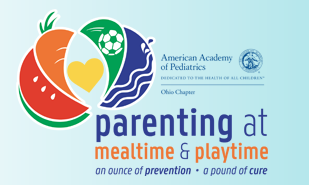Understanding how our senses tell us about the world around us, or how the others compensate when one sense is lost to us, is far more complex. Our five senses, combined with our brain and the rest of the nervous system, give us clues about both what is safe, enjoyable, and comforting and what is dangerous, scary, and unpleasant. Without them, the world would be a far harder place to comprehend. -Science NetLinks
Types of Sensors from HowStuffWorks |
In-Depth Scientific Look at the Senses |
1. In your eyes, you have two different types of light sensors. One set of sensors, called the rods, senses light intensity and works well in low-light situations. The other type, called cones, can sense colors (and actually, there are three different types of cones for the three primary colors) and require fairly intense light to be activated.
|
Paul Andersen explains how we perceive our environment using our sensory system. He starts with a brief discussion of action potentials and the nervous system. He shows that we many more than five senses. He goes into more detail to show how humans smell, see and hear.
"Making Sense of the World, Several Senses at a Time""Our five senses–sight, hearing, touch, taste and smell–seem to operate independently, as five distinct modes of perceiving the world." Interesting article from Scientific American
Words to KnowInner ear contains the spiral shaped organ of hearing
Middle Ear cavity in temporal bone connects with the pharynx by the eustachian tube- which equalixes pressure in the middle ear with the outside atmosphere bones in the middle ear that transmits sound waves from the ear drum to the inner ear Olfactory receptors hairs in upper part of nostril w/ neurons for smell *stimulated by chemicals dissolved in mucous Taste buds 10,000 taste receptors widely scattered throughout the oral cavity Kinesthetic relating to the use of sense organs in your muscles and other body parts to feel the position and movements of your body Perception the ability to notice something by seeing, hearing, smelling, etc. Sense (noun) one of the natural abilities that most people have to see, hear, smell, taste, and feel things, known as the five senses Sense (verb) to know about something through a natural ability or feeling, without being told Concept Planner |
Additional Resources
|
These additional resources can be for creating activities for the classroom, learning more in depth about the topic, gaining physical resources, to share Ohio programs about the topic etc. linkitylinklink.org |
Provide 3-4 Additional resources for the teacher with a brief description or quote from the source. education.ohio.gov
|
The images can be created by screen-shotting part of the website or by saving the logo and creating an image in word/paint/image edit. It should just just be a visual representation of the resource. Link the website on the image but also include the url at the bottom of the description.
linkitylinklink.org |
Use as many Ohio related resources as is relevant to the topic.
linkitylinklink.org |
Want more in depth content knowledge?
|





